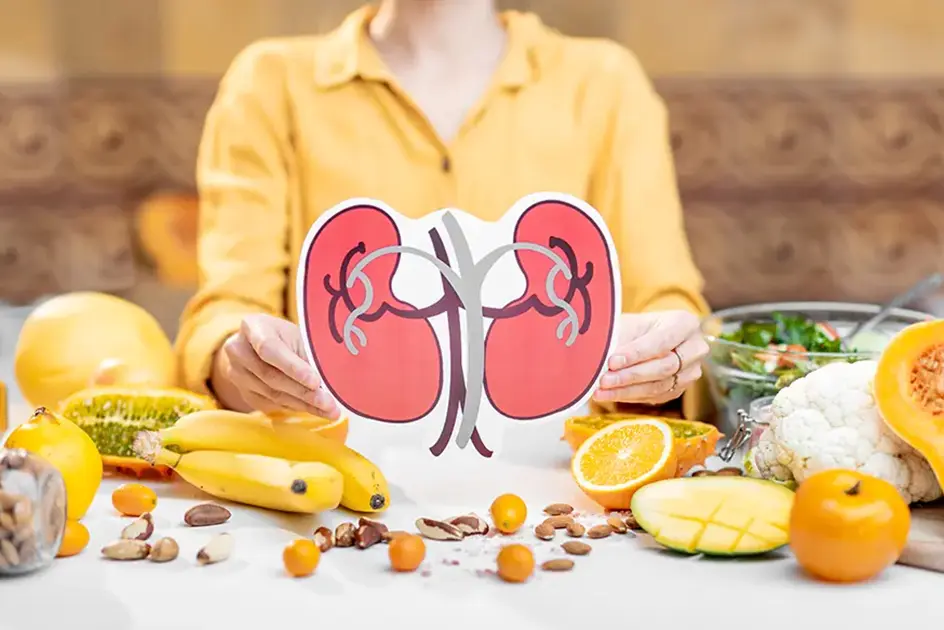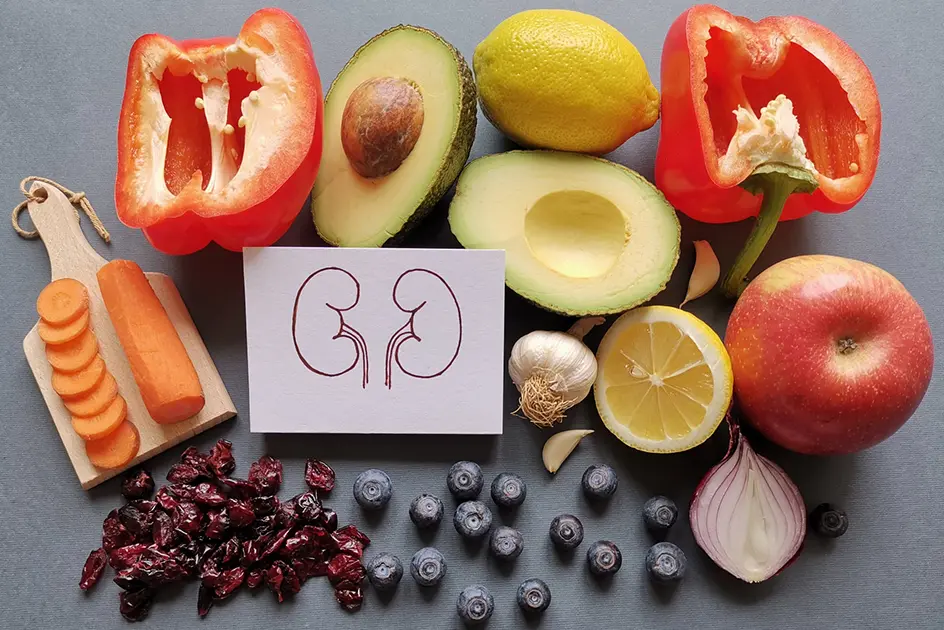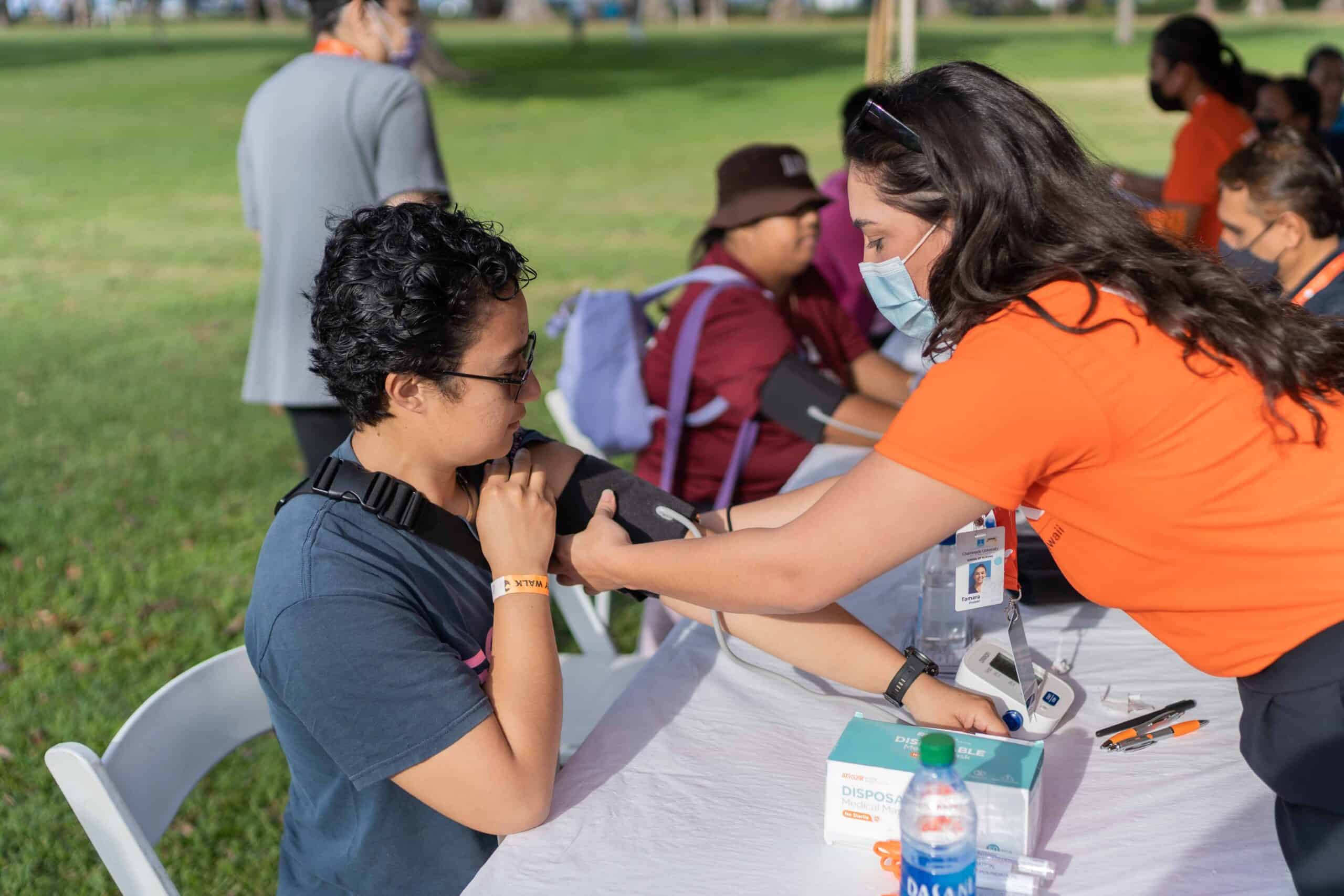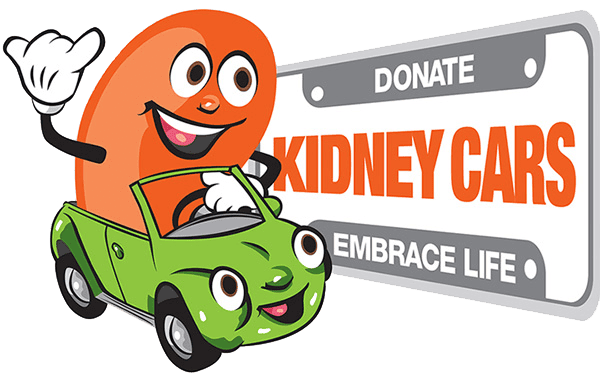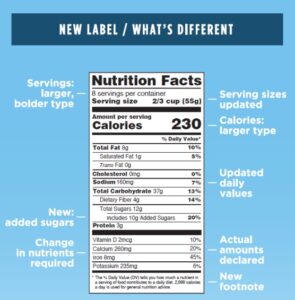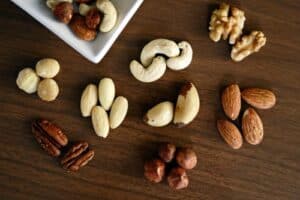Dietitian
Natural Sugar vs. Added Sugar: Know the Difference!
Have you ever heard someone say they avoid fruits because of “too much sugar?” The idea that naturally healthy foods (like fruit) should be avoided is something that drives dietitians crazy. Fruit doesn’t deserve the bad reputation it gets, and here’s why. Sugar has replaced fat as the nutritional “bad guy.” We consume more sugar … Read more
Decoding the Food Label: Percent Daily Value (% DV)
Have you ever looked at a food label and wondered, “What is Percent Daily Value (% DV)?” The % DV on a Nutrition Facts label is simply a guide of what nutrients are contained in one serving of that specific food. For example, if the label lists 20% DV for calcium, it means that one … Read more
Thoughts on Intermittent Fasting
The practice of fasting has been around since ancient times, mainly for religious reasons. Intermittent fasting (also known as IF), is simply a diet regimen that alternates between periods of fasting (no calories), and periods of unrestricted eating. When you IF, you can eat whatever you want, but only within a certain time window. Today, … Read more
Fresh, Frozen or Canned Vegetables?
Getting a lot of fresh vegetables in your diet is important. But do you ever wonder which is better – fresh, frozen, or canned? Fresh vs. Frozen: Research reveals that fresh and frozen produce are basically nutritionally equivalent. In fact, some frozen vegetables, such as green beans, have an edge over the limp and old green … Read more
To Keto or Not to Keto?
The ketogenic diet, or “keto diet,” is one of a series of trendy low-carbohydrate (“low-carb”) diets that include the Atkins diet, the South Beach diet and the Zone diet. It was developed at the Mayo Clinic in 1924 as a treatment for epilepsy in children. In recent years the ketogenic diet has made a comeback … Read more
Gift-Giving Guide For People Living with CKD
Special occasions like birthdays and holidays are joyous times, but it can be challenging for people with chronic kidney disease (CKD) due to certain special health needs. The reality is that these people require restricted diets, and/or have to go to dialysis sessions 3-4 times per week, holiday or no holiday. Have you ever wondered … Read more
Understanding the Renal Diet: Phosphorus and Calcium
“What should I eat?” Renal dietitians get asked this all the time! This series of blog entries discusses the general dietary guidelines for people living with chronic kidney disease. The last blog topic was potassium. We also discussed protein and sodium in the previous two entries. Phosphorus and calcium are yet another dietary concern for … Read more
What Can You Eat? How to “Kidney-fy” Your Recipes!
Have you ever bought a kidney cookbook and found that there is nothing in there you would normally eat? If you are living with chronic kidney disease (CKD), you might wonder how you can make your own recipes more “kidney-friendly.” Good news! There are ways you can “kidney-fy” your favorite dishes with a bit of … Read more
The Lectin Controversy
You probably have seen articles and books on the health benefits of a lectin-free diet. But is there any truth to these claims? Although the research on lectin is still emerging, preliminary studies have revealed potential health benefits of lectin consumption and little evidence of harm. Lectins are naturally occurring plant proteins that bind to … Read more
Insulin Resistance and Kidney Disease
Have you ever been told you have prediabetes? One in three adults has prediabetes, which means your blood sugar is higher than normal, but not high enough to be considered type 2 diabetes. Without intervention, you could develop type 2 diabetes within five years. Just having higher than normal blood sugar puts you at risk … Read more

